People
Faculty
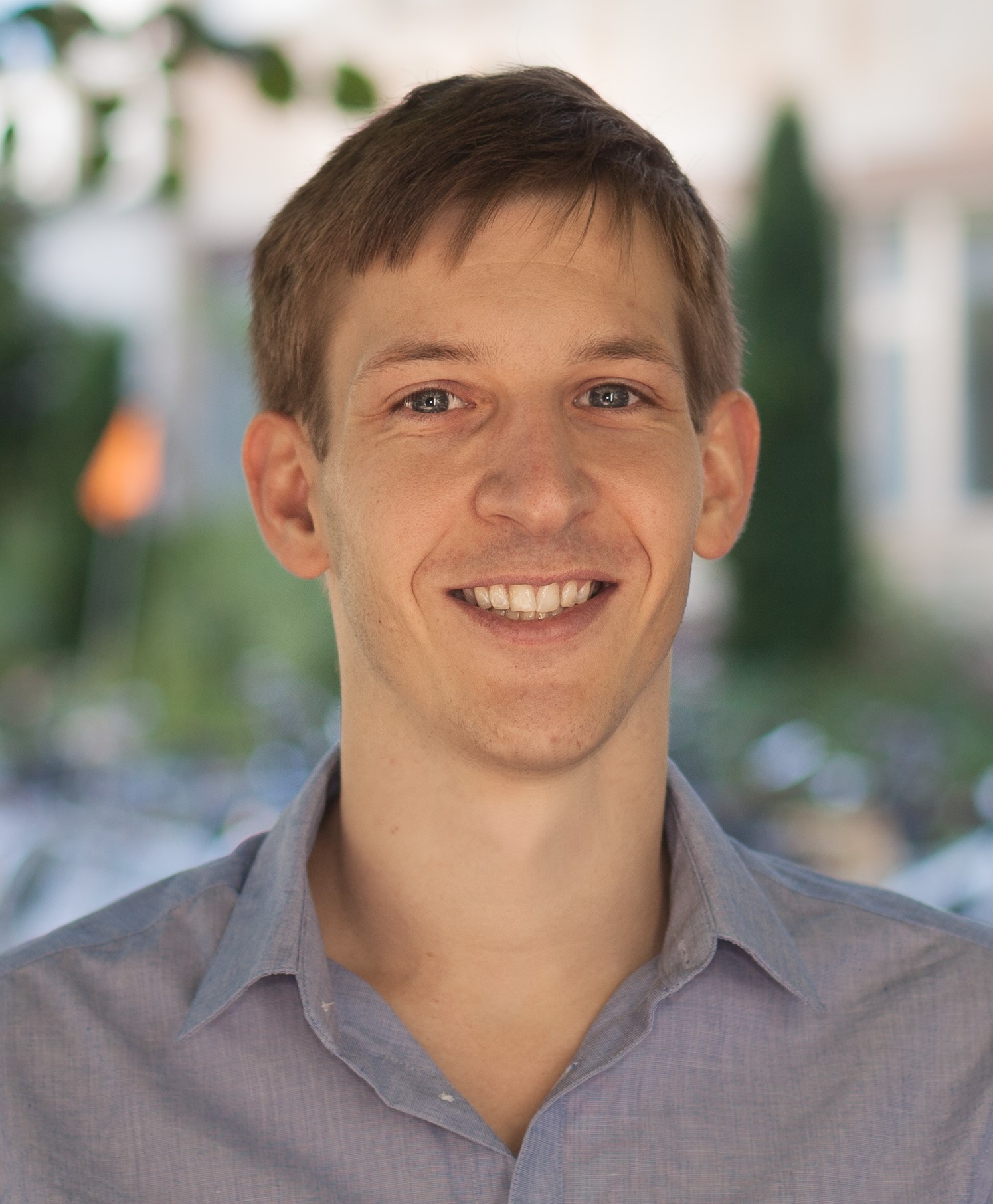
Carsten Schwemmer
Carsten Schwemmer is a Professor of Sociology and Computational Social Sciences at the University of Munich. His work focuses on applying computational methods to interdisciplinary research in areas such as ethnic minority & gender studies, digital media, political sociology, and sociotechnical systems. He is particularly interested in methods related to natural language processing, image recognition, data mining, and network analysis.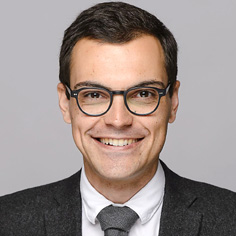
Mario Haim
Since 2022, Mario Haim is a Professor and Chair of Communication Studies, especially Computational Communication Research, at LMU Munich. In both his research and teaching, He focusses mainly on topics of algorithmic influence. Employing methods common to Computational Communication Science, such topics include political communication, computational journalism, health communication, and algorithmic curation in media environments as well as general computational methods. After studying in Augsburg, Munich, and Helsinki, he gained his PhD at LMU Munich. Subsequently, Mario Haim was a Postdoctoral Fellow at the University of Stavanger, Norway, and an Assistant Professor (Juniorprofessor) at the University of Leipzig, Germany.
Alexander Wuttke
Alexander Wuttke is the Juniorprofessor of Digitalization and Political Behavior at Ludwig Maximilian University of Munich. His research crosses disciplinary boundaries to explore democratic backsliding from the perspective of ordinary citizens. He is an advocate of Open Science practices and currently serves as the Journal of Politics’ Special Editor for Registered Reports.Guest Speakers
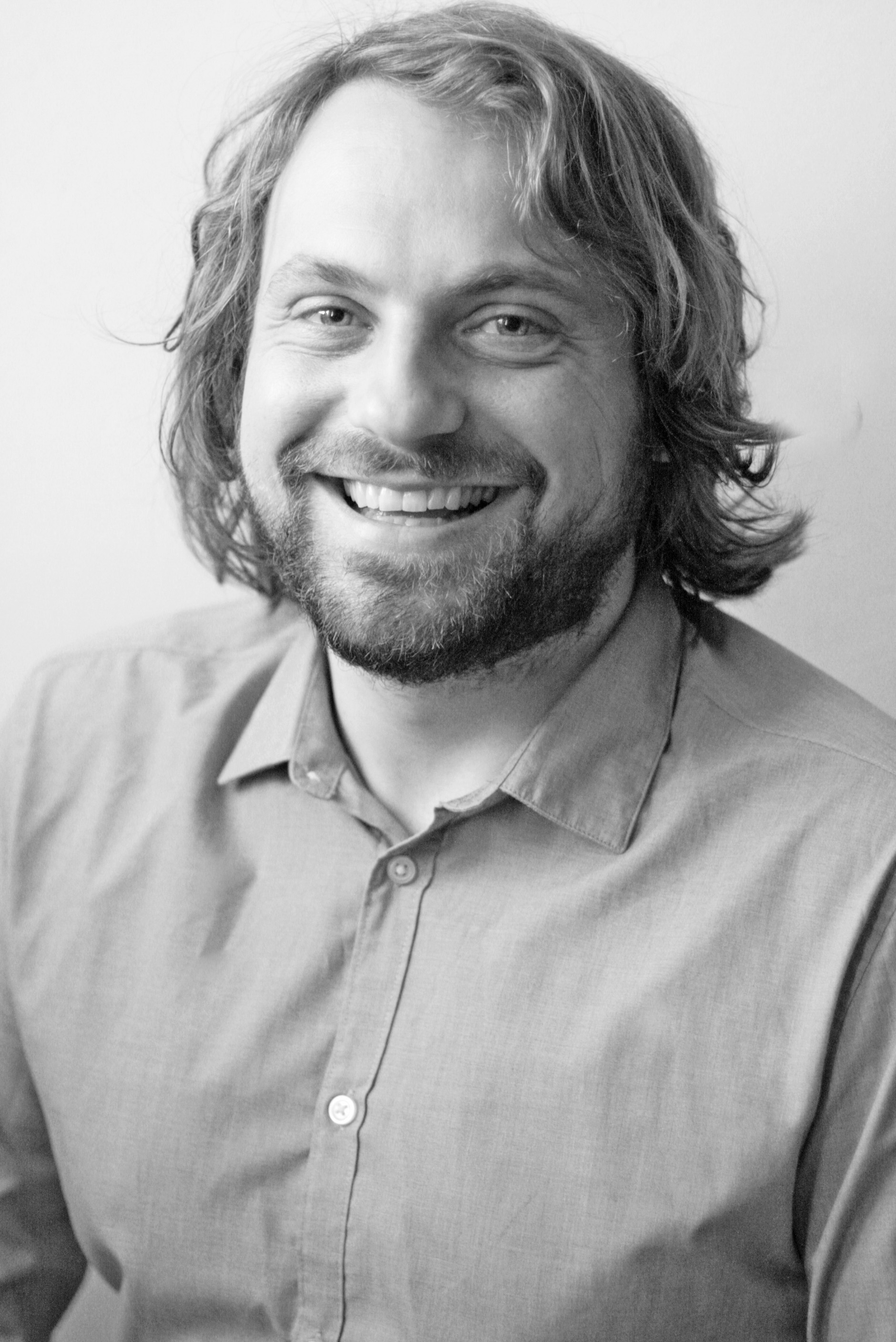
Raphael H. Heiberger
Raphael H. Heiberger is Tenure-Track Professor at the Institute for Social Sciences of the University of Stuttgart. He is head of the Computational Social Science lab. He received his PhD from the University of Bamberg (Germany, summa cum laude) and was visiting scholar at UCLA and a Fulbright-Fellow at UC Berkeley. He is a permanent member of the McFarland Lab at Stanford. Only recently, he was honored to become a Humboldt Fellow. His research is funded by the DFG Excellence Initiative, EU's Horizon programm, the BMBF, or the MKW in Baden-Württemberg. Besides various aspects of Social Network Analysis (dynamics, statistical modelling, theory), his research interests focus on applying Natural Language Processing and Machine Learning to social phenomena (e.g. career trajectories, markets and innovation, or political communication).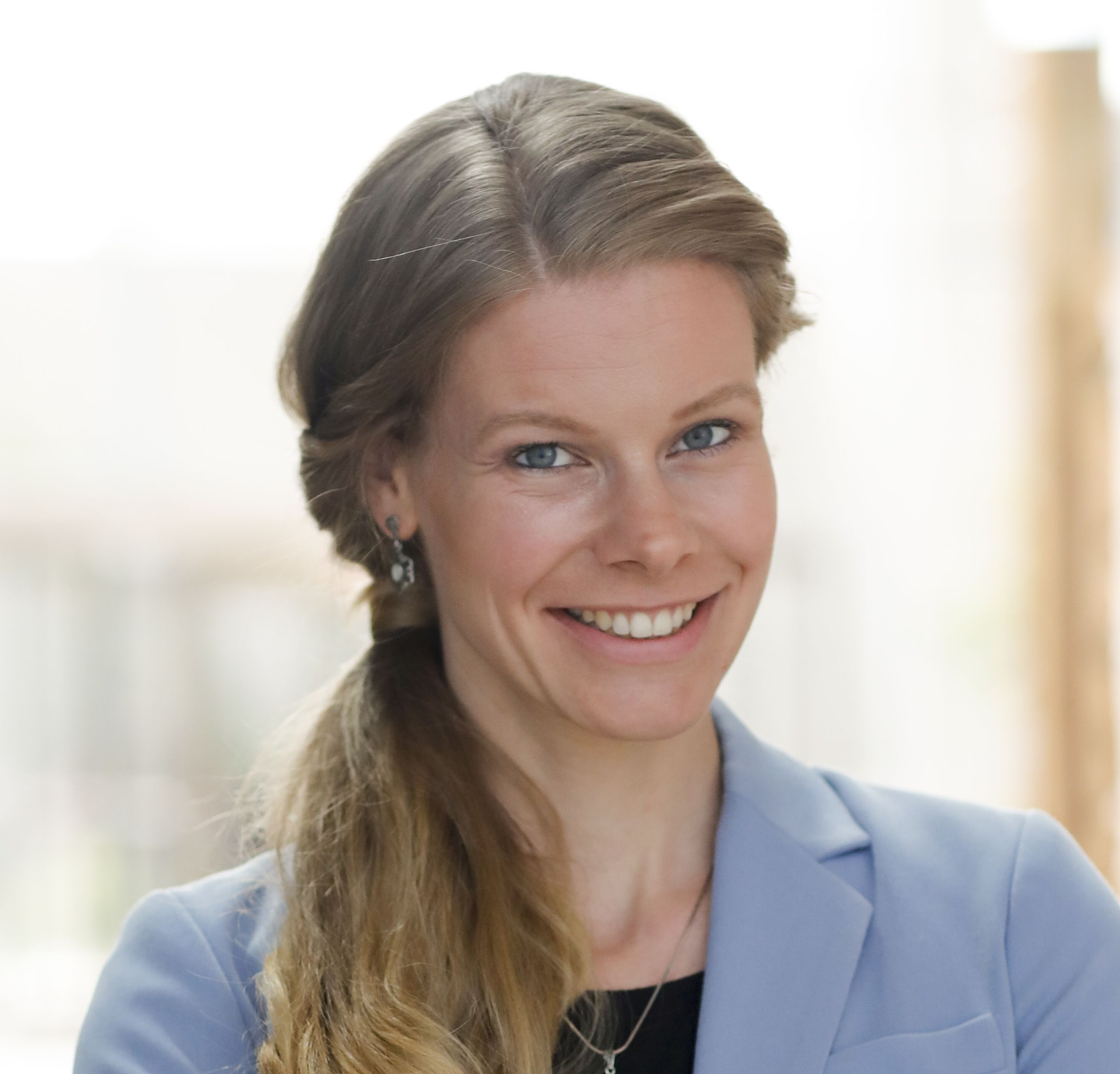
Ágnes Horvárt
Ágnes Horvát is an Assistant Professor in Communication and Computer Science (by courtesy) at Northwestern University, where she directs the Technology and Social Behavior PhD program. Her research lies at the intersection of computational social science, social computing, and communication. Using interdisciplinary approaches from network and data science, her research group, the Lab on Innovation, Networks, and Knowledge (LINK), investigates how networks induce biased information production, sharing, and processing on digital platforms. For example, they study the impact of networks and diversity on scholarly communication, identify expressions of collective intelligence and opportunities for innovation in crowdsourcing communities, and develop tools to support creativity and predict success in culture industries. Professor Horvát received her PhD in Physics from the University of Heidelberg, Germany.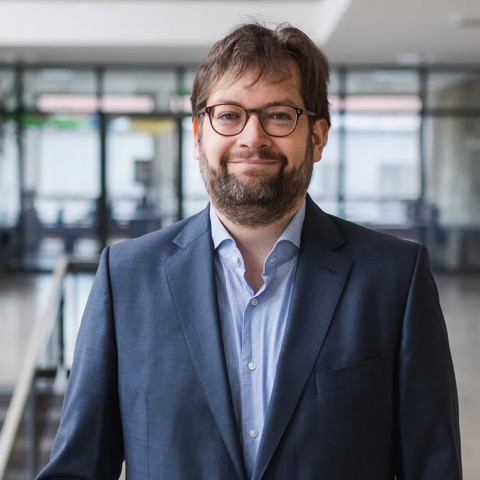
Andreas Jungherr
Andreas Jungherr holds the Chair for Governance of Complex and Innovative Technological Systems at the Institute for Political Science at the University of Bamberg. He studies the impact of digital media and artificial intelligence on politics and society. He has worked on the uses of digital media and technology by publics, political actors, and organizations in international comparison. He also addresses challenges for scientific research in realizing the potential of digital methods and computational social science while addressing methodological challenges in its integration into the social sciences. He is author of the books 'Digital Transformations of the Public Arena' (with Ralph Schroeder, 2022) and 'Retooling Politics: How Digital Media are Shaping Democracy' (with Gonzalo Rivero & Daniel Gayo-Avello, 2020).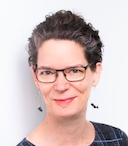
Frauke Kreuter
Frauke Kreuter holds the Chair of Statistics and Data Science at LMU Munich, Germany and at the University of Maryland, USA, she is Co-director of the Social Data Science Center (SoDa) and faculty member in the Joint Program in Survey Methodology (JPSM). She is an elected fellow of the American Statistical Association, and received the Warren Mitofsky Innovators Award of the American Association for Public Opinion Research in 2020. In addition to her academic work, Professor Kreuter is the Founder of the International Program for Survey and Data Science (IPSDS), o-Founder of the Coleridge Initiative, and Co-Founder of the German language podcast Dig Deep.
Jürgen Pfeffer
Jürgen Pfeffer is Professor of Computational Social Science at the Technical University of Munich. His research focuses on the analysis of large and dynamic socio-technical systems as well as the methodological, algorithmic and theoretical challenges that arise from these analyses. Pfeffer's research falls at the intersection of social and computer sciences.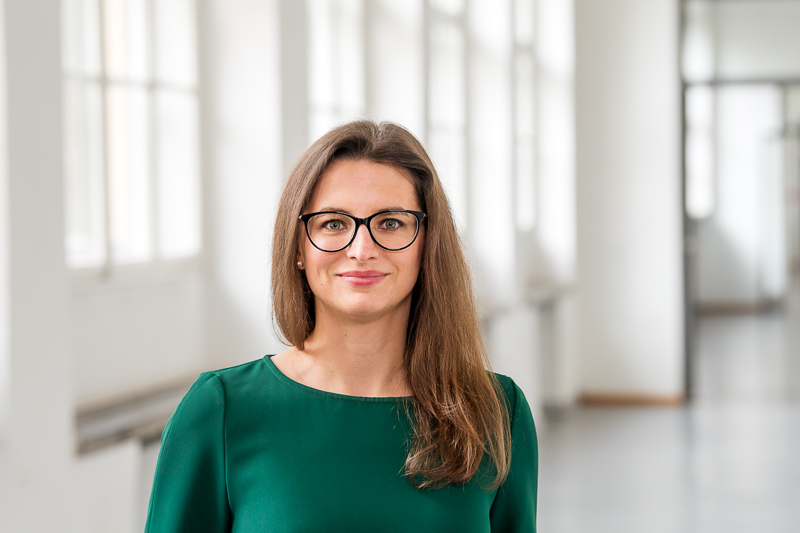
Stefanie Walter
Stefanie Walter is Emmy Noether Fellow at the Department of Governance, Technical University of Munich, where she directs the research group ‘The media portrayal of majority and minority groups’. Her methodological focus is on quantitative methods and computational social science with a special interest in automated text and image analysis. Stefanie’s substantive research interests are in the area of political, climate and science communication. Together with her team she uses large scale text and image data to explore how the news media report on social groups based on nationality, gender, disability, religion, and sexual orientation, as well as the visual representation of climate change on social media. Stefanie holds a PhD in Political Science from the University of Mannheim and has previously worked as researcher at the University of Bremen's the Centre for Media, Communication and Information Research, the Institute of Journalism and Communication at the University of Hamburg, and the Mannheim Center for European Social Research.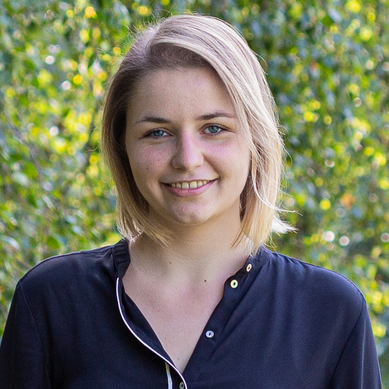
Franziska Weeber
Franziska Weeber is a co-founder at textada, a machine learning-powered text annotation tool. Her work focuses on natural language processing and deep learning in low-resource social science applications. After her M.Sc. degree in Social and Economic Data Science, she held an Exist business start-up grant and was a research assistant at the University of Konstanz and the Heidelberg Academy of Sciences.Guest Lecturers
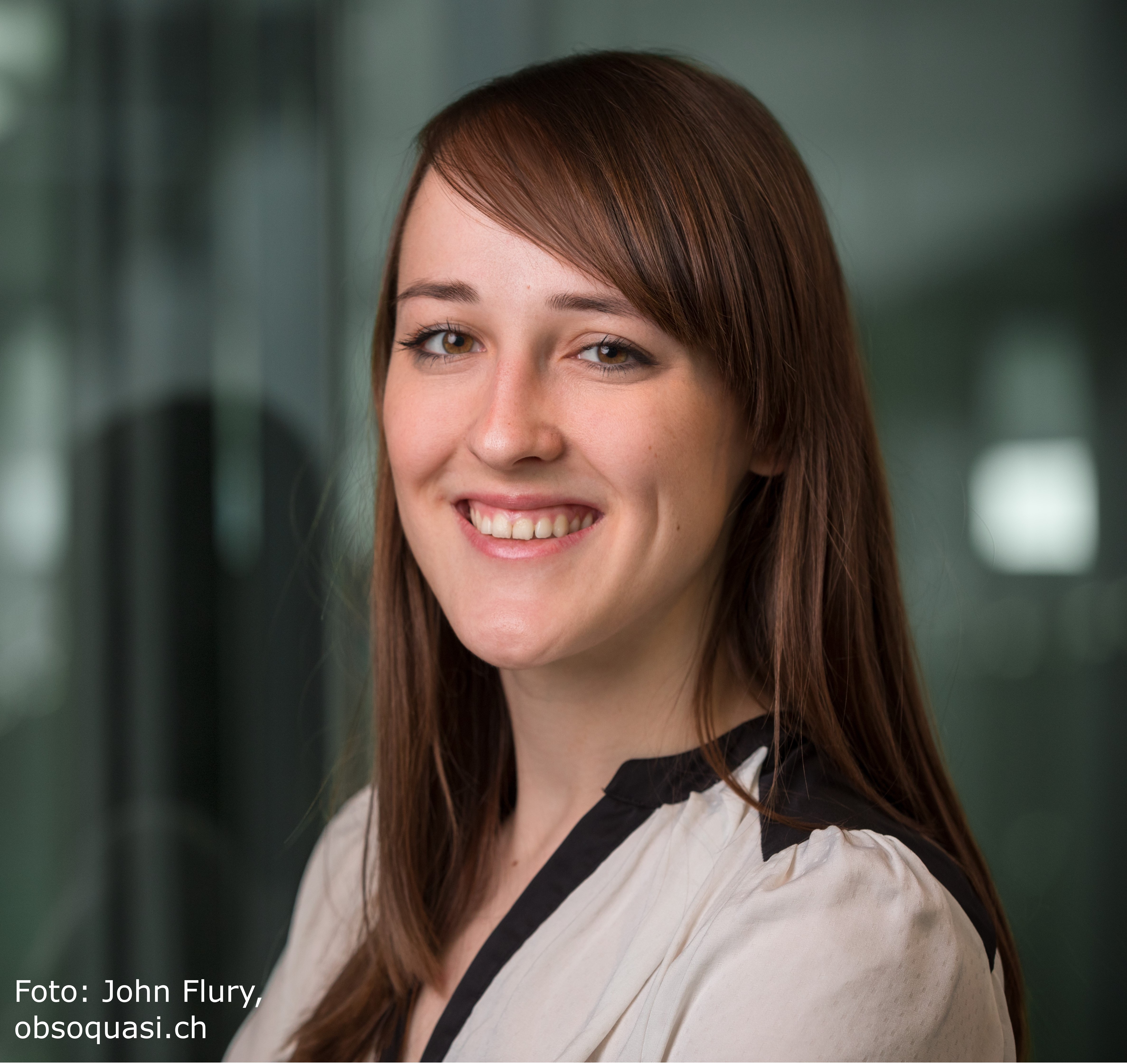
Valerie Hase
Valerie Hase is a postdoctoral researcher at the Department of Media and Communication at LMU Munich. After studying at WWU Münster and the London School of Political Science and Economy, she obtained a PhD from the University of Zurich. Her research focuses on digital journalism, cross-platform perspectives, crisis communication, and computational social science, especially text-as-data and digital traces.Bernhard Clemm von Hohenberg
(MPhil Oxford, PhD European University Institute) is a researcher at the Department of Computational Social Science at the GESIS Leibniz Institute for the Social Sciences. He previously worked as a postdoc in political communication at the University of Amsterdam. He is interested in how people seek out and process (mis)information, the effects of online behaviour on political attitudes, and psychological and behavioural asymmetries between ideological groups. Methodologically, he is interested in improving survey experiments and survey measurement, causal inference, and the use of digital trace data. He is the data editor at the journal Political Communication.Jan Zilinsky
Jan Zilinsky is a postdoctoral research fellow and computational social scientist at the Technical University of Munich. He studies how citizens receive, organize and process economic and political information via digital media. He received his PhD from New York University's Department of Politics, and works with NYU's Center for Social Media and Politics (CSMaP).Teaching Assistants
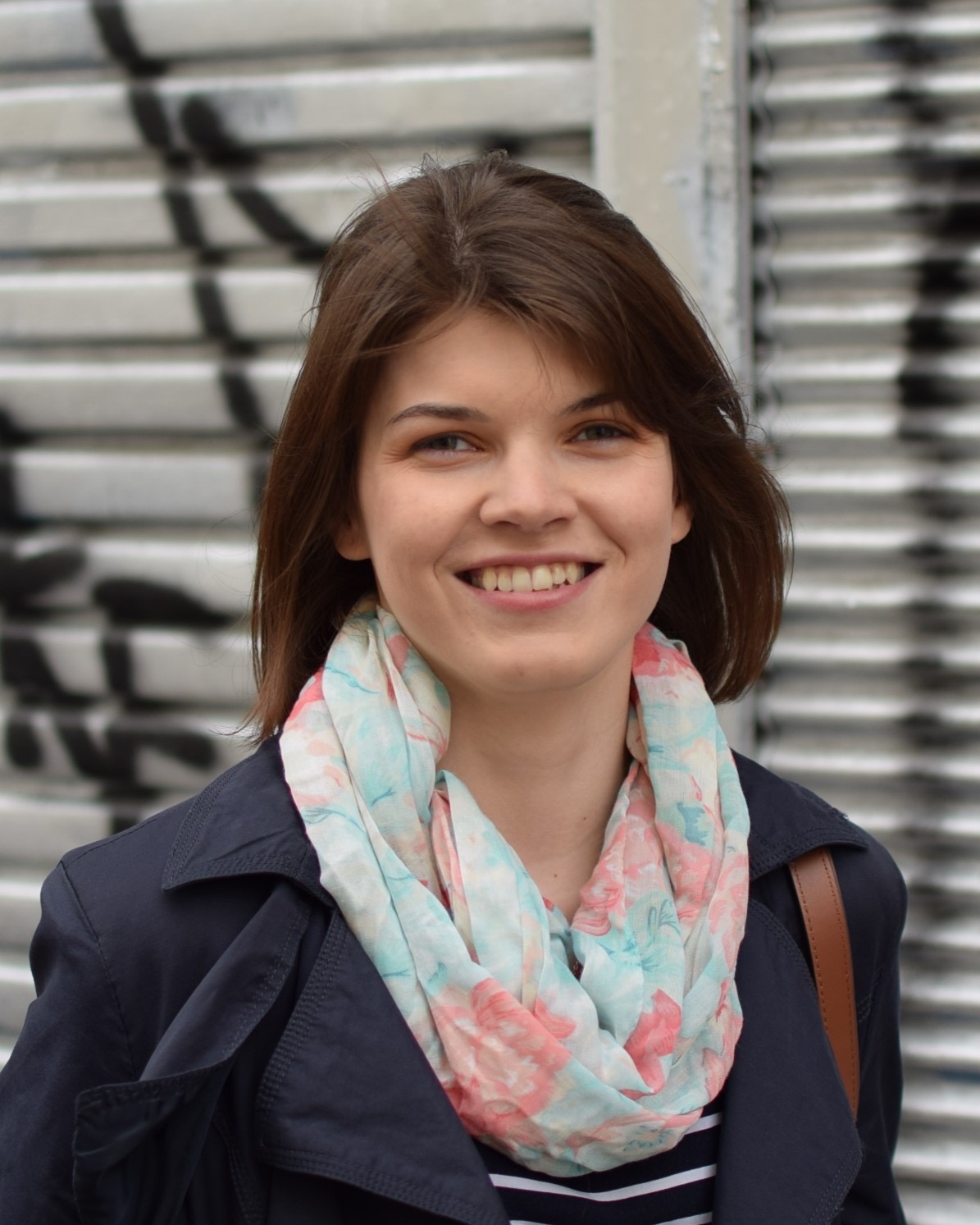
Renáta Topinková
Renáta Topinková is a postdoc in Computational Social Sciences at LMU Munich. Her dissertation examined homophily patterns in online dating. She is interested in effective data visualization, text analysis, experiments, and social network analysis.Participants

Maria Camila Atehortúa
Since March 2023, I am a research assistant at the Chair of Empirical Political Research and Policy Analysis. My academic work focuses on the area of defense, where I examine conventional armament transfers. Before assisting the Chair with research, I tutored Master students on the application of empirical political research methods, and instructed bachelor students about research designs in political science. I obtained my M.A. in PolSci at the LMU and my B.A. at the University of Mannheim.
Paul Binder
Since 2018, I am a student at LMU Munich, where I received my B. A. in Political Science and Economics in 2021 and I am currently enrolled in the Political Science Master’s degree. Additionally, I work as Research Assistant at the chair for Empirical Political Research and Policy Analysis. Here, I am involved in research projects focusing primarily on third-party interventions in civil wars as well as the armaments of warring parties and their effects on civil war intensity and duration.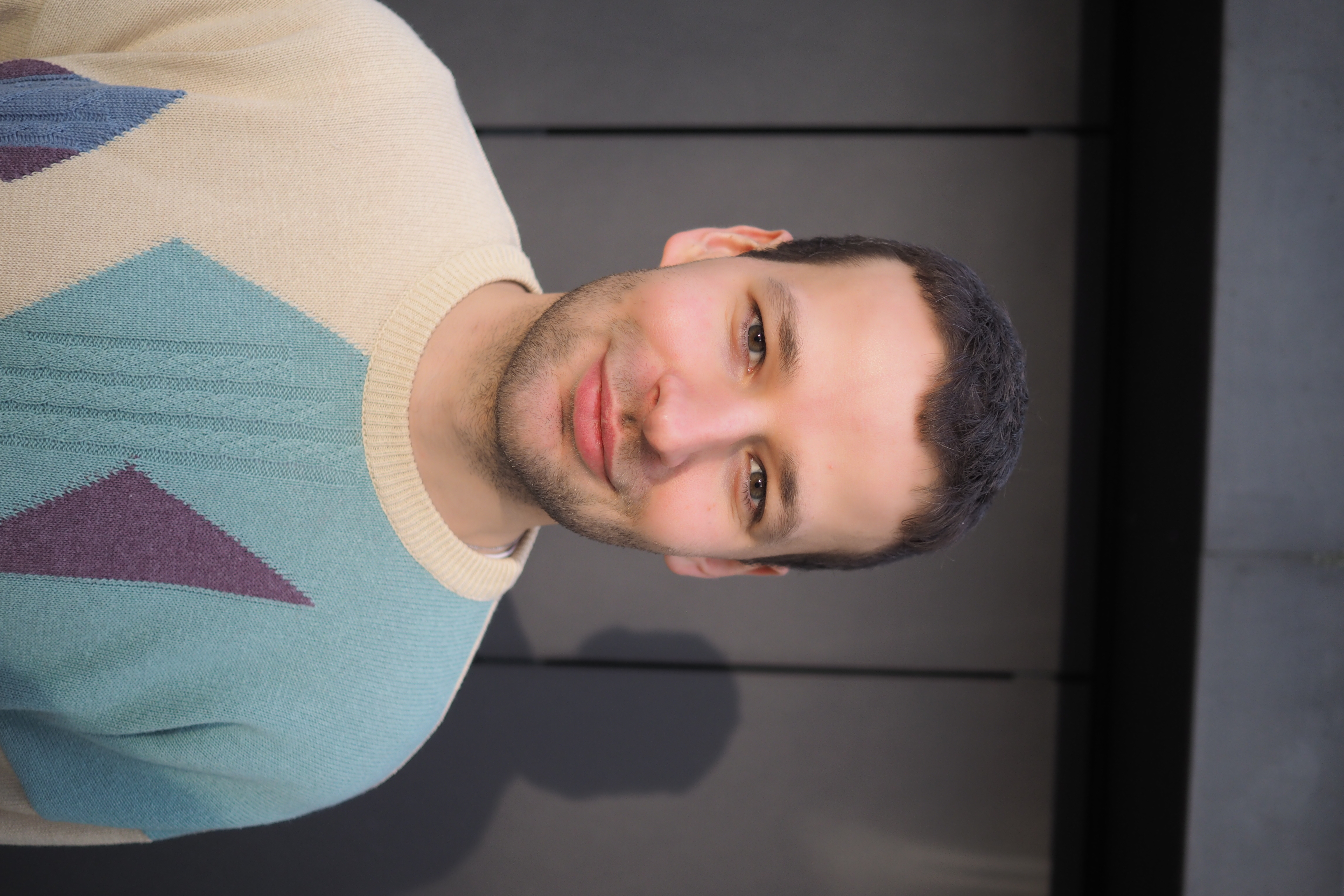
Maximilian Haag
Max is a doctoral researcher in the EUPLEX project and a doctoral candidate at the Geschwister-Scholl-Institute of Political Science at LMU Munich. His research interests include legislative politics and decision-making in the EU. Additionally, Max is interested in automated data collection and exploring the possibilities of programming for producing transparent, reproducible and interactive research.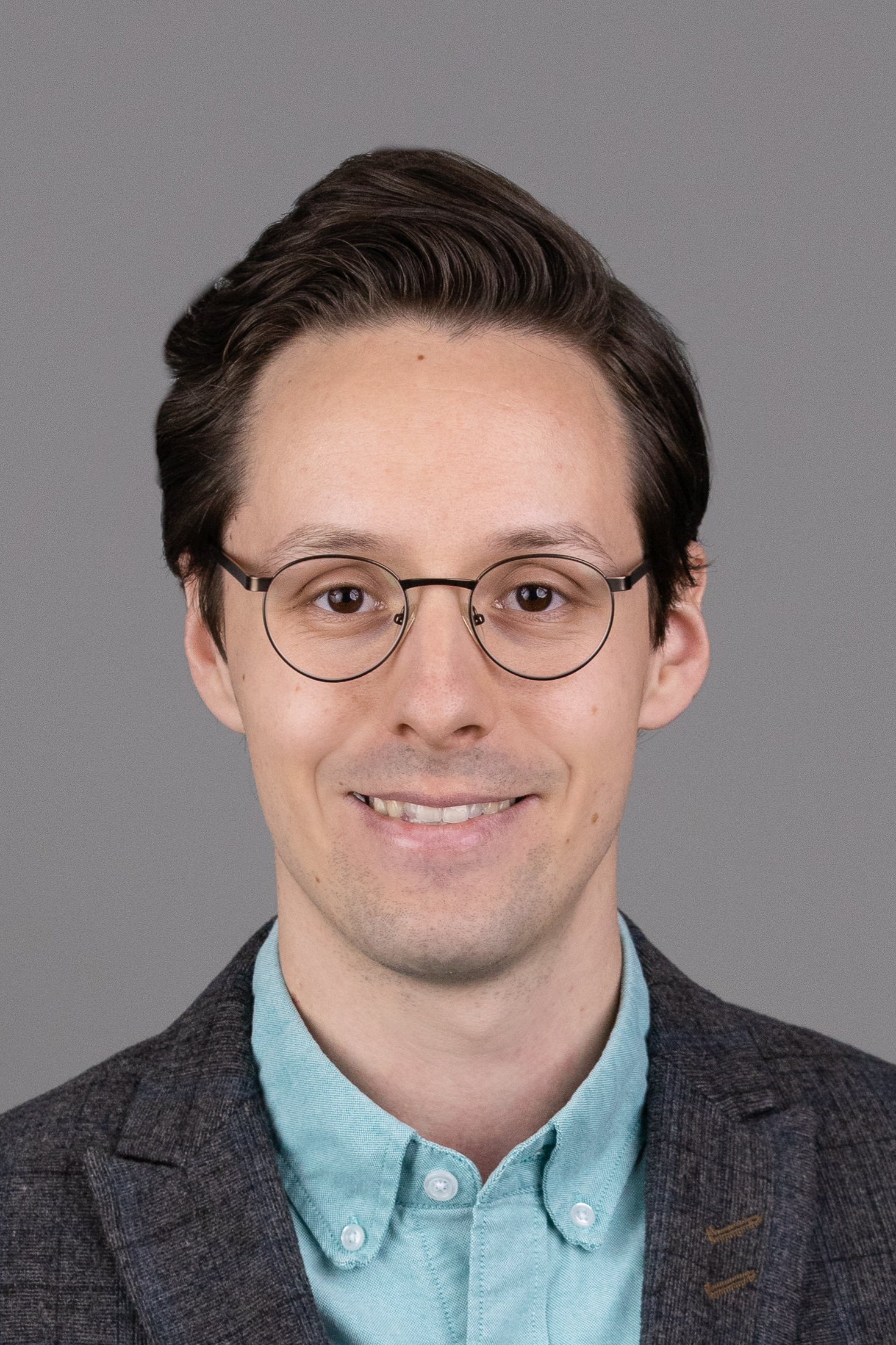
Fabian Heindl
Fabian Heindl is a research associate and doctoral student in the field of Citizenship Education at LMU Munich. He currently works in several different project groups focusing on the development of digital learning interventions to promote skills and knowledge on historical and political topics. His research interests include anti-racism education, Holocaust education, and the use of AI-based learning tools to enhance educational outcomes.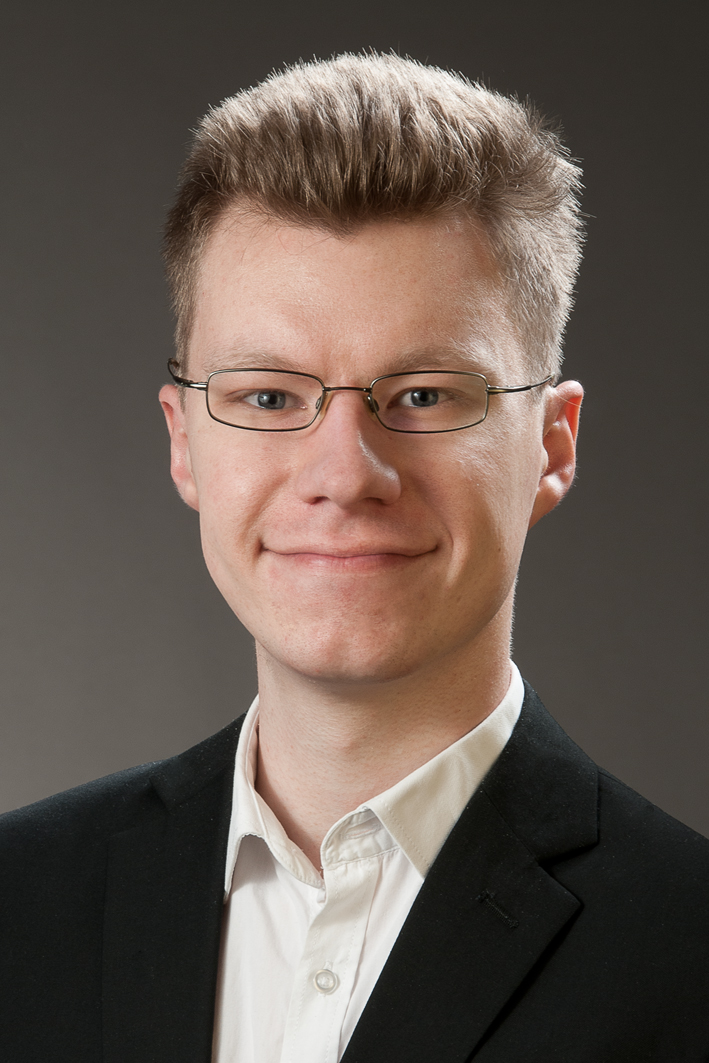
Philipp Hoffmann
I am a research associate at the Chair of Political Sociology at the Otto-Friedrich-University Bamberg. After completing my bachelor’s degree in political science at the University of Mannheim, I moved to the Otto-Friedrich-University Bamberg to successfully complete my master’s degree in political science and to study sociology. My research interests are located in the areas of quantitative methods with a particular focus on political behaviour, but also migration policy and immigration. I am doing my doctoral thesis on the political behaviour of the first and second generation of migrants.
Tilman Kerl
Tilman is currently in his second year of his Data Science Master's program at TU Wien and works part-time as a software engineer. He has worked on diverse projects in software engineering, data science and management consulting involving data management, -strategy, -engineering, ML, and NLP. In his free time, he volunteers for CorrelAid, attends concerts or goes bouldering. Particular research interests include bias detections in and XAI of LLMs.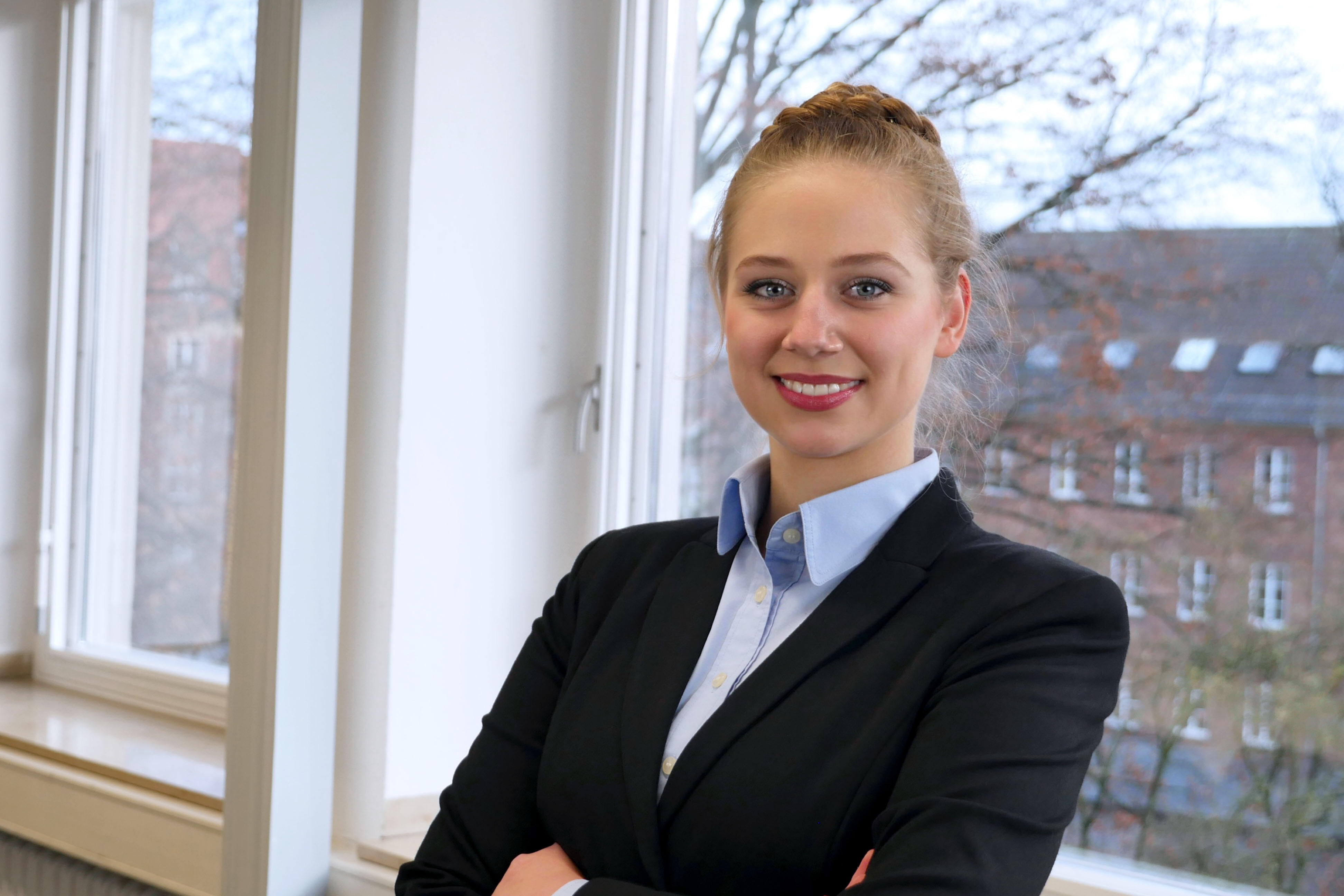
Johanna Klapproth
Johanna Klapproth studied communication science and is a PhD candidate and research associate in the interdisciplinary project 'HybriD – Real-Time Detection of Hybrid Disinformation Campaigns in Online Media' at the University of Münster. Her research focuses on identifying disinformation features and developing intervention strategies to curb the spread of disinformation campaigns, empower individuals in dealing with information and strengthen democratic resilience.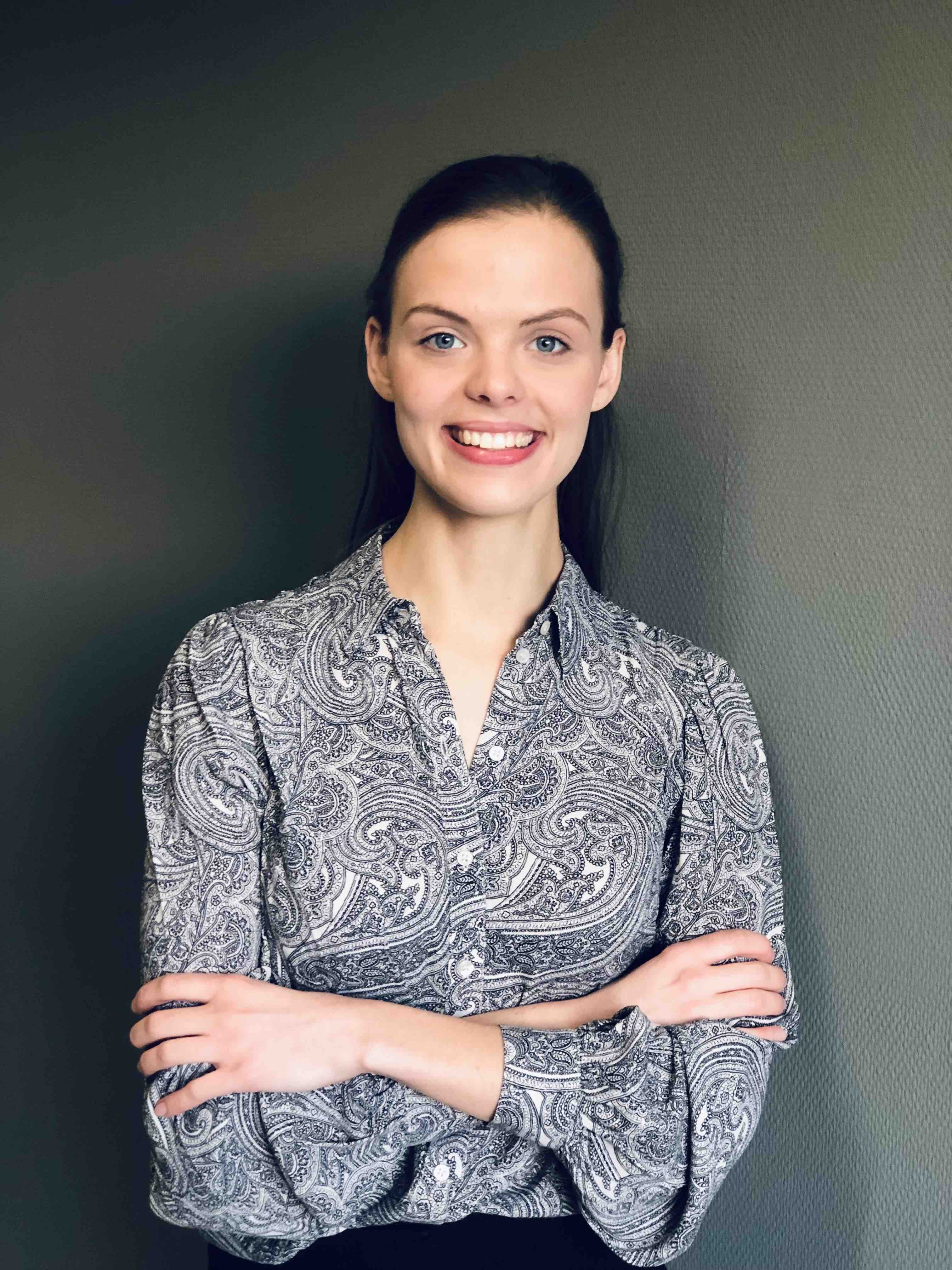
Louise Koch
Luise Koch is a PhD candidate at the Professorship for Global Health at the TUM School of Social Sciences and Technology. Luise's research focuses on the intersections between Gender Studies, Social Media Studies, Behavioraland Development Economics. In her dissertation she employs primary data and computational - and mixed methods to investigate the interrelations between online misogyny towards politically active women and response and prevention methods in Brazil, India and Germany.
Julian Kohne
At GESIS, I’m part of the Designed Digital Data team, focusing on providing an easy to use, transparent and secure infrastructure for collecting mobile survey and smartphone usage data for social science research. As a PhD student at Ulm University, I am part of the molecular psychology lab and investigate how interpersonal relationships can be quantified using chat logs, specifically donated WhatsApp chat logs. I am developing interactive methods for transparent data donation methods, and investigate how social relationships are expressed through different communication patterns.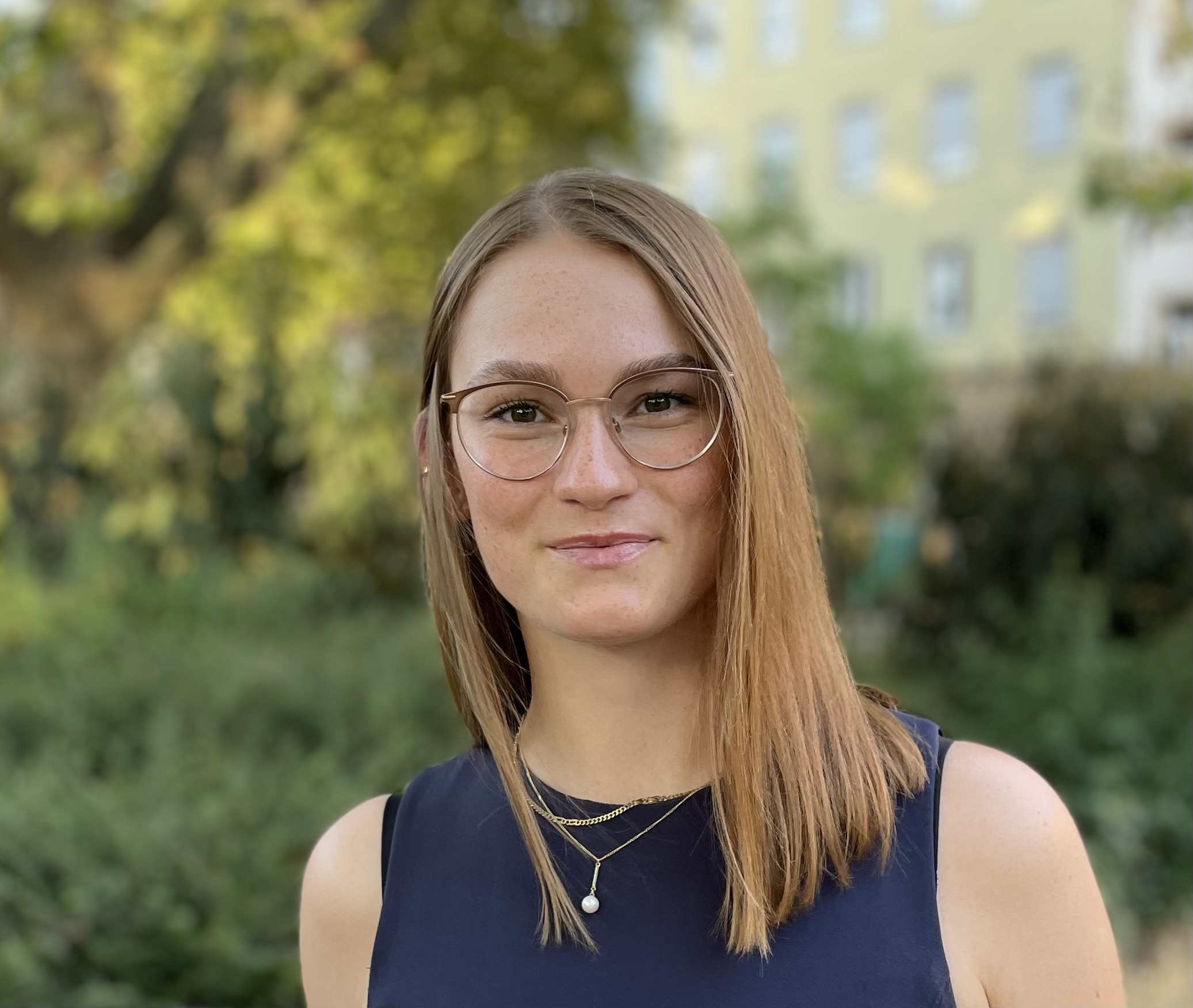
Johanna Mehltretter
Johanna is a PhD candidate and research associate at the Chair for Social Data Science and Methodology of the University of Mannheim. Since 2021, she works in a project on new data sources in migration and integration research. In her dissertation, she researches the challenges of using Google Trends data in the social sciences. Johanna holds a master’s degree in Sociology from the Otto-Friedrich-Universität Bamberg and a master’s degree in Sociology and Social Research from the University of Trento.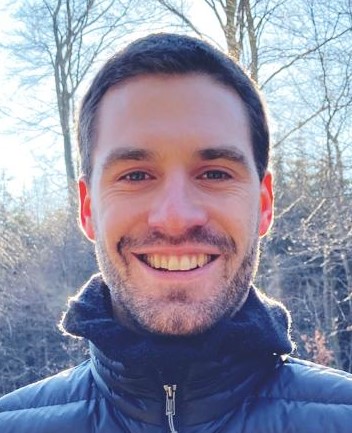
Simon Möller
Simon Möller received his Master's degree in Sociology and Economics from Ludwig Maximilian University in Munich in 2016. After a 2-year employment as project supervisor in environmental and energy management consulting, he has since 2018 been working as a PhD student and research assistant at the Institute for Sociology at the LMU Munich. There he is involved in the research project 'EffKom - energy-efficient residential comfort: user-oriented development of an automated system for the control of space heating'. Working in close cooperation with engineers and computer scientists he is particularly interested in user-oriented technology development and in in-depth data analysis to investigate human-technology interactions and their effects on energy consumption.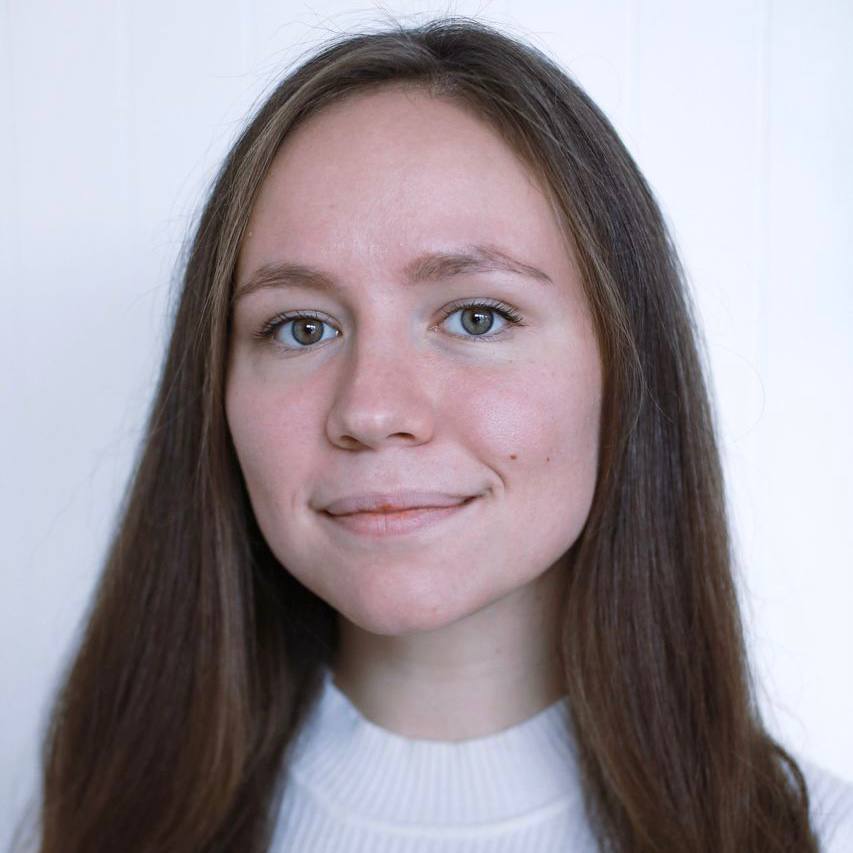
Nadja Ozornina
Nadja Ozornina is a master's student at Ludwig Maximilian University of Munich. Her research interests include political communication, topic modeling, and the application of big data in communication research. In October 2023, she will join the team of the research project on the impact of humor in communication on political decision-making in the context of climate change (KLIMA-MEMES) at the Department of Media and Communication of LMU.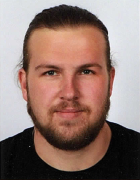
Dylan Paltra
My name is Dylan Paltra and I obtained my Bachelor’s degree in Political Science from the University of Mannheim in 2021. At the moment, I am finishing up my Master’s at the University of Zurich. My thesis investigates how citizens perceive their own online news media consumption in comparison to the actual media bias they encounter online. My general research interests revolve around the online political behavior of both citizens and elites. To gain a better understanding of this subject, I employ computational methods like machine learning and deep learning.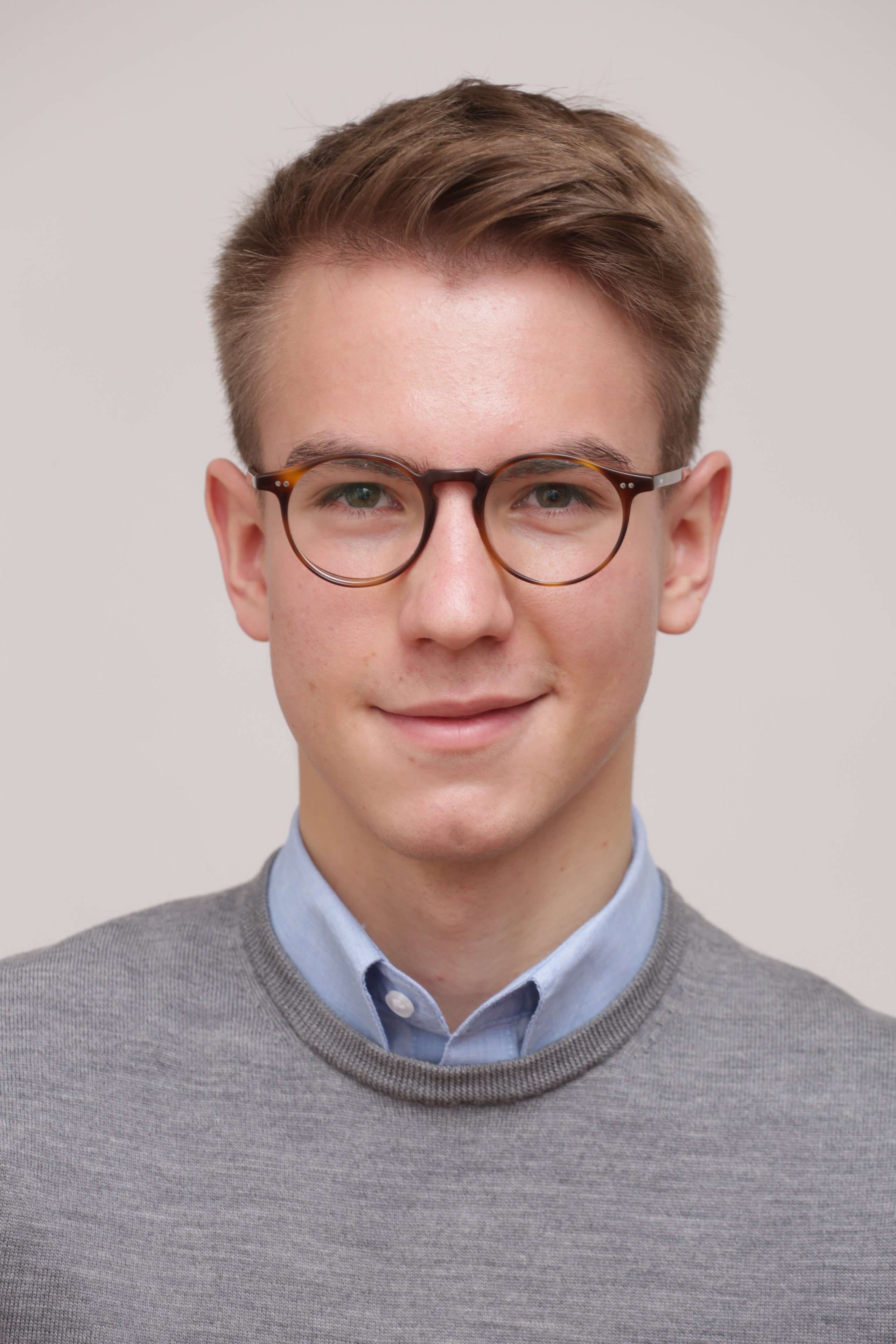
Alexander Sobieska
Alexander Sobieska is a Ph.D. candidate at the Institute for the History and Ethics of Medicine at TU Munich, where he specializes in the ethics of AI and neuroscience, drawing upon his background in psychology, philosophy, and political science. His research interests include neuroethics, online radicalization, online political communication, and ethics discourse analysis.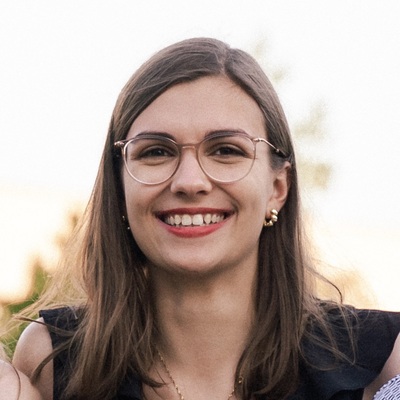
Lea Stallbaum
Lea Stallbaum is a doctoral researcher at the Johannes Gutenberg University Mainz in the DFG-funded project 'Conceptions of Democracy among Political Elites and Citizens'. Her research interests include regional differences in attitudes towards democracy, and the measurement of conceptions of democracy.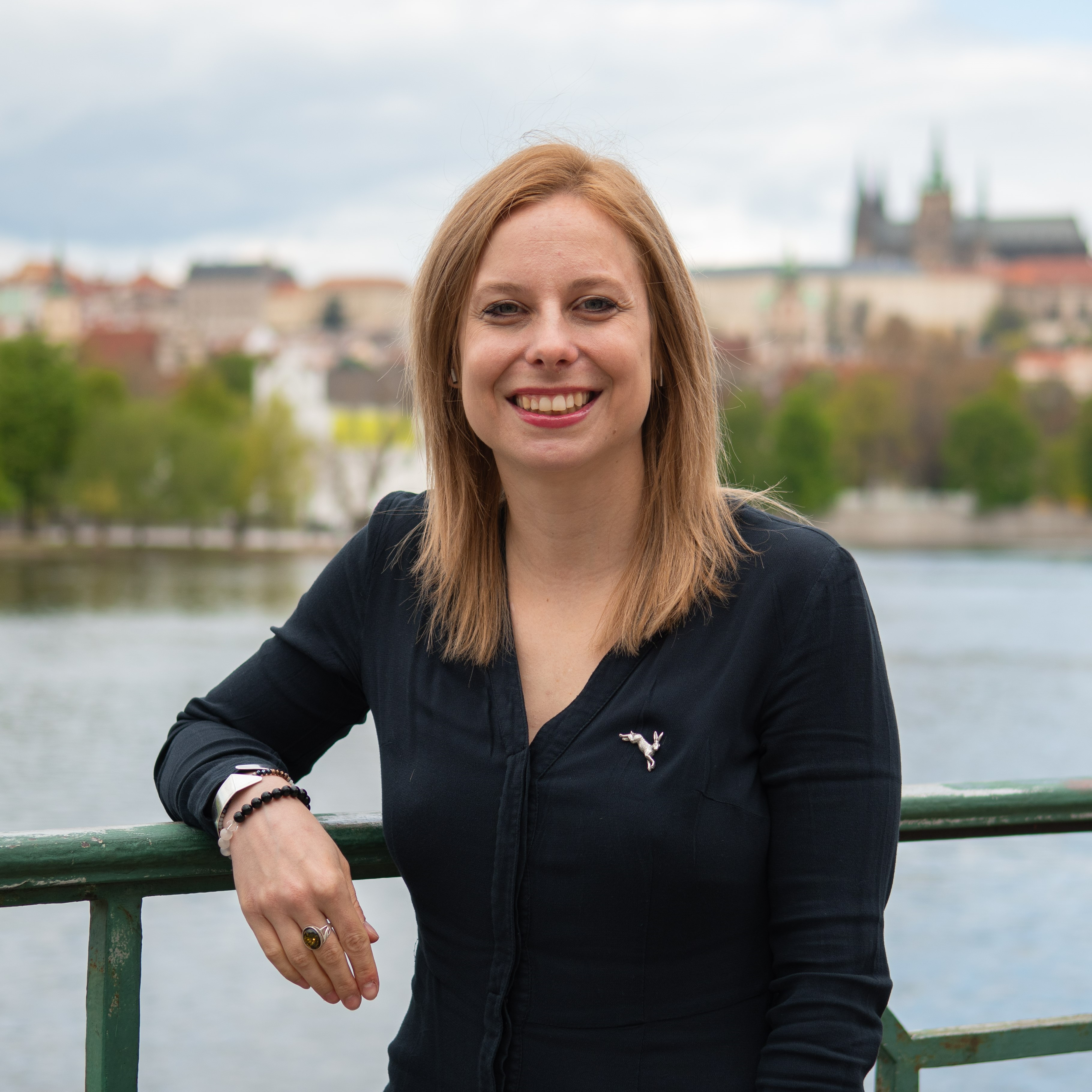
Kateřina Turková
Kateřina Turková is a researcher and associate lecturer at the Institute of Communication Studies and Journalism of Charles University, Czech Republic. She obtained her PhD and Master’s degree in media studies from the Faculty of Social Sciences of Charles University and her Master’s degree in economics and economic administration from the University of Economics in Prague. In her academic research, she focuses on issues associated with social media, sports, and quantitative research.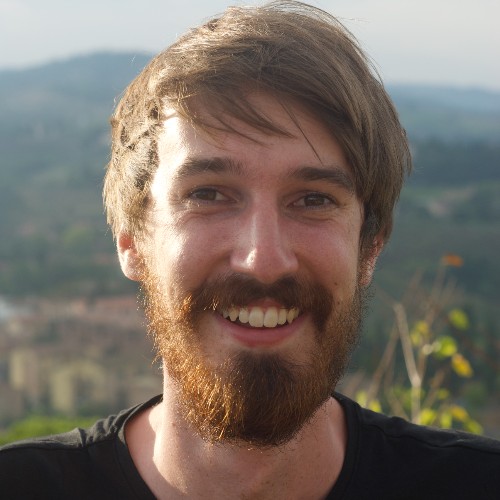
Jonas Volle
Jonas Volle is a research assistant and doctoral student at Otto von Guericke University Magdeburg and works in the DFG project 'Networks, Paradigms and Careers in the Academic Field: Sociology in Germany and the United States' together with Prof. Richard Münch and Prof. Andreas Schmitz. His research interests lie in combining sociological perspectives and methodologies with computational social science approaches. In particular, he is interested in methods such as text mining, network analysis or machine learning in the field of sociology of science and their combination with relational theory and network theory.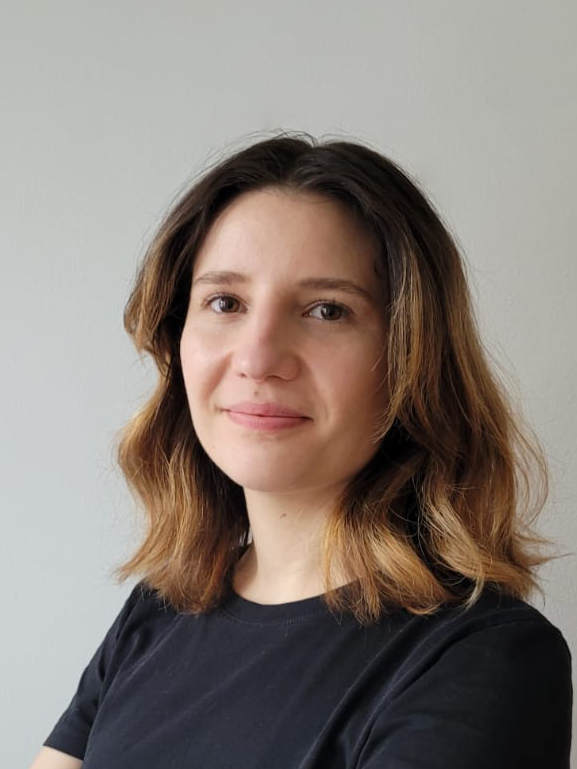
Phelia Weiss
Phelia is a PhD student at the Department of Communication at the University of Vienna, Austria. Her research focuses on the relationship between misogyny and far-right extremism in online environments. She is particularly interested in media effects and radicalization dynamics within online communities.
Bernd Wurpts
After graduate studies at the University of Washington, University of Leipzig, and University of Arizona, I started a Postdoc at the University of Lucerne in 2018. My qualification is mostly in sociology with emphasis on quantitative analyses of qualitative data. I consider myself a relational (network) thinker with a strong background in theory combined with expertise in computational social sciences, including fluency in R statistical programming language and environment. My work focuses on the intersections of economies and societies in various contexts and historical periods. One research focus is on the (network) foundations of economic, political and religious institutions in the Late Middle Ages and Early Modern Period. My latest work focuses on the contemporary global economy and social and political cohesion among corporate elites.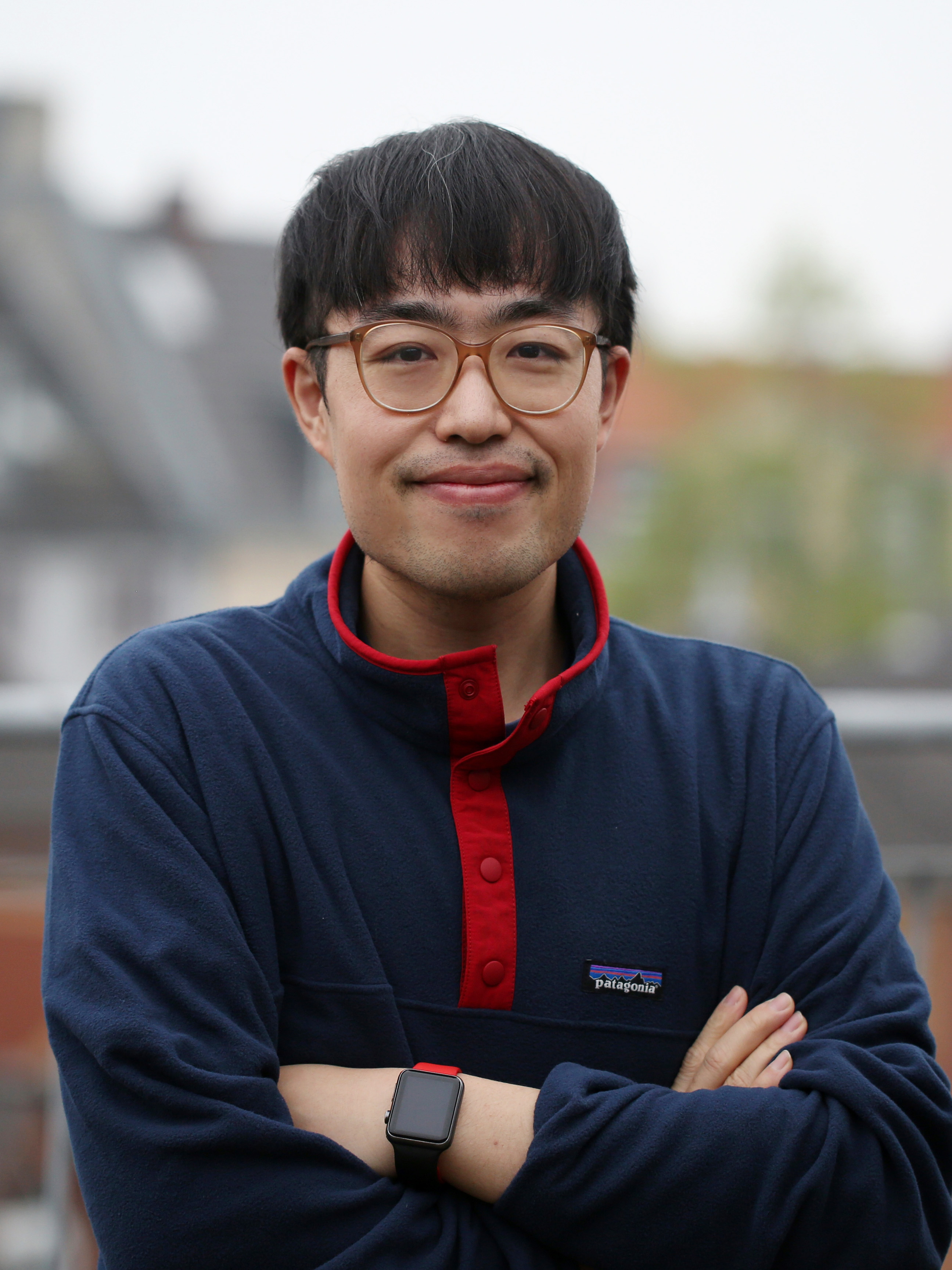
Zhe Xu
Zhe Xu is a doctoral candidate pursuing research in computational journalism and humanitarian communication at the University of Cologne. His work focuses on applying interdisciplinary approaches and computational methods, such as Natural Language Processing and Machine Learning, to explore the impact of digital media, datafication, and artificial intelligence on political and public engagement related to global humanitarian issues.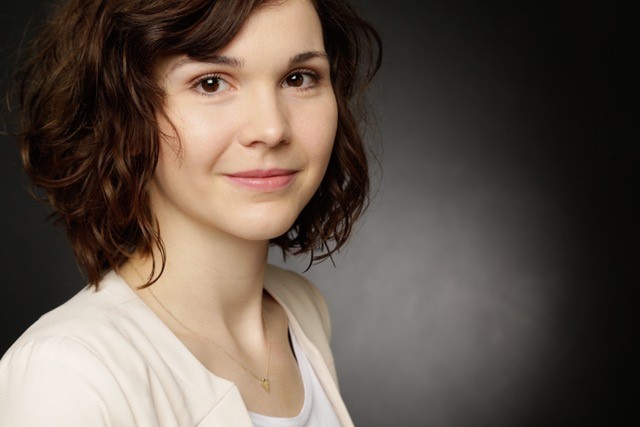
Birgit Zeyer-Gliozzo
Birgit Zeyer-Gliozzo is a postdoctoral researcher at the chair of Social Structure and Sociology of Aging Societies at TU Dortmund University. She is currently working with an interdisciplinary team on the development and application of innovative methods from data science for social science research questions as part of the project From Prediction to Agile Interventions in the Social Science (FAIR). Her research interests include topics such as work and labor markets, education and training, health, social inequalities, and technological change.